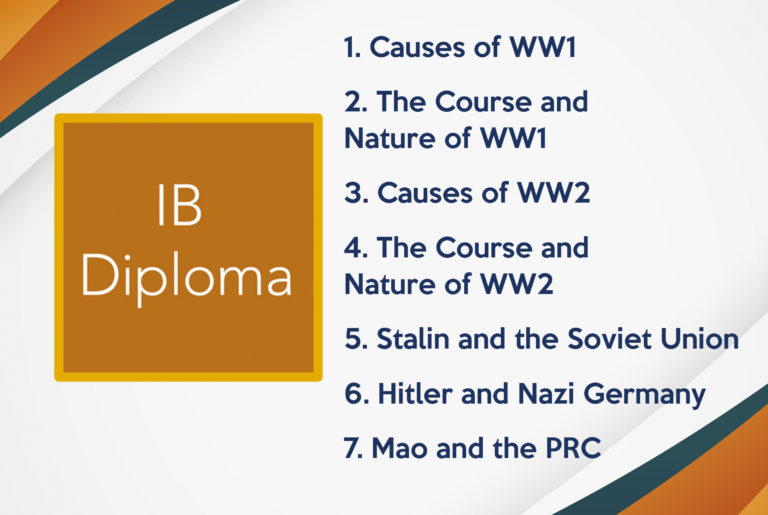The Significance of the Seventeenth Party Congress
The Seventeenth Party Congress which was held a little more than a year after the Ryutin Affair, in January-February, 1934 was a pivotal moment for Stalin and the history of the Bolshevik Revolution. Alan Bullock certainly sees it as such in his book, ‘Hitler and Stalin: Parallel Lives’. Officially known as the ‘Congress of Victors’ it could equally be known as the ‘congress of mind games’ or in George Orwell’s terms, the congress of “doublespeak”. For the congress was at one and the same time an attempt by Stalin to regain control of the Party whilst the Party, or at least the congress, sought to gain control of Stalin. And what was said, was certainly not what was meant!
The power to call the Congress was in the hands of Stalin. It had been suspended for four years because of the economic chaos and the social unrest caused by collectivisation and rapid industrialisation. Even then, it was only called after the Party began to be purged after the Ryutin Affair and after A.P. Smirnov, a former Commissar of Agriculture who had formed an anti-Party group and produced and circulated a manifesto similar to Ryutin’s “Appeal” to try and remove Stalin, had been expelled (again, the Politburo blocking attempts to have him shot). However, Stalin probably could not have delayed calling it much longer.
Leading up to the congress Stalin’s comrades on the Politburo were trying to send a carefully balanced message that whilst they didn’t like the excesses that had resulted from the forced collectivisation and rapid industrialisation, neither did they want to reverse the policies. And whilst they wanted those who had opposed Stalin to be reconciled back into the Party (for example, Kamenev and Zinoviev were brought back from internal exile and back into the Party), they didn’t want to challenge Stalin’s leading position, just rein him in somewhat. It is also important to put the dilemma facing the Party at this time in a much wider context and note that not only was Hitler Chancellor of Germany at this point but the Japanese were occupying Manchuria and so were a threat to the Soviet Union’s eastern borders. The Soviet Union, the Revolution, the Party all needed some stability.
The ‘Congress of Victors’, as the Seventeenth Party Congress was called (celebrating the victory of Leninism after ten years of Stalin’s stewardship), was seen by Stalin as the ideal forum for the Party to unite, but under his firm control. He set a triumphant tone in his report to the congress, claiming that the end of exploitation, unemployment in the towns and poverty in the countryside were ‘historic achievements … beyond the dreams of the workers and peasants in bourgeois countries.’ And he was loudly cheered, leading him to refer to past divisions before declaring: ‘At this Congress, however, there is nothing more to prove, and it seems no one to fight … It must be admitted that the Party today is united as it has never been before.’1 Again, he was cheered.
Stalin had hoped that speech-makers would apply the Leninist principles of self-criticism in admitting they were wrong, and praise the ‘victories’ of the Party in implementing Socialism, in so doing reinforcing the political unity of the Party. So, past opponents like Bukharin, Kamenev and Zinoviev were allowed to speak to the congress. And Stalin would not have been disappointed with what they had to say. Here’s a flavour:
Bukharin described Stalin ‘as the field marshal of the proletarian forces, the best of the best.’
Kamenev: This era in which we live … will be known as the era of Stalin, just as the preceding era entered history as the time of Lenin.’2
But though the vast majority of Party members (some 90%) were new, i.e. joining the Party after the civil war, the Congress was overwhelmingly (some 80%) made up of old Leninist cadres who had joined the Party when it was fighting to assert itself, even survive. Now at any conference or congress, delegates meet formally, in the congress hall or in committees, and informally, in bars, hotel rooms or, in the case of this occasion, in the apartments of Moscow delegates. Significant amongst these informal gatherings were those of regional leaders who were physically much closer to the effects of Stalin’s economic policies. Their conclusion was that it would be best to replace Stalin as General Secretary (though not oust him from power altogether) and elect Kirov in his place. Whether Kirov was made aware of this and refused to take the post, whether he told Stalin or not, we are not sure.
What we most certainly do know is that the congress abolished the post of General Secretary held by Stalin. Instead, Stalin was obliged to share power with the newly elected Party secretaries: Kaganovitch, Kirov and Zhdanov. What is more, Kirov, who was also elected to the Politburo, received votes from almost all the 1,225 delegates with voting rights, while about three hundred delegates did not vote for Stalin at all. Kirov also received more sustained applause than Stalin.
In his speech to the congress, Kirov praised Stalin – ‘Our successes are really huge, colossal …’ and hailed him as ‘the great strategist of the liberation of the working people of our country and the whole world’3 – but he also expressed worries about tensions within the Party. He felt that they had been caused by forced industrialisation and needed to be addressed. He was also concerned about the excessive measures being taken to discipline Party members in the wake of the Ryutin affair (a general purge of the Party had begun). And his speech was constantly interrupted by loud applause (louder than that given Stalin).
Now if we return to Stalin, it is interesting to note that after he had spoken of a Party ‘united as it has never been before’, he also talked of ‘ideological confusion’ and ‘anti-Bolshevik sentiments’, making the conclusion: ‘That is why we cannot say that the fight is ended and that there is no longer any need for the policy of the Socialist offensive.’4
So what do we make of it? Knowing what was to come and knowing something of the man we are dealing with, we can conclude that Stalin was not taken in by the praise he received but was continuing to size up his opponents (some of whom he had thought he was already rid of). As for the Party, they had allowed themselves to be out-manoeuvred by Stalin once before, but how did they expect to recover their position? By heaping praise on a man who didn’t trust anything anybody said? Alan Bullock refers to the conclusions of another biographer of Stalin, Adam Ulam, who suggests there may have been a ‘plot-by-adulation’, an attempt to “promote” Stalin to a position where he would do less damage to the Revolution (and, no doubt, themselves). If it was, it didn’t work.
Jump forward to 1956 and Nikita Khrushchev’s speech to the Twentieth Party Congress in 1956 (Khrushchev’s Secret Speech) when Khrushchev revealed the degree of Stalin’s purge of the delegates who attended the Seventeenth Party Congress, the ‘Congress of Victors’:
‘…of the 139 members and candidates of the Party’s Central Committee who were elected at the Seventeenth Congress 98 persons, i.e. seventy per cent, were arrested and shot…. The same fate met not only the Central Committee members but also the majority of the delegates to the Seventeenth Party Congress. Of 1,966 delegates with either voting or advisory rights 1,108 persons were arrested on charges of counter-revolutionary crimes, i.e. decidedly more than half.’5
If the Seventeenth Party Congress was the ‘Congress of Victors’, then there was only one real winner: Stalin.
1 Quoted in Alan Bullock, Hitler and Stalin: Parallel Lives, p. 324
2 Quoted in Alan Bullock, p. 325
3 Quoted in Alan Bullock, p. 325
4 Alan Bullock, p. 326
5 Quoted in G.F. Hudson, Fifty Years of Communism, p. 109




